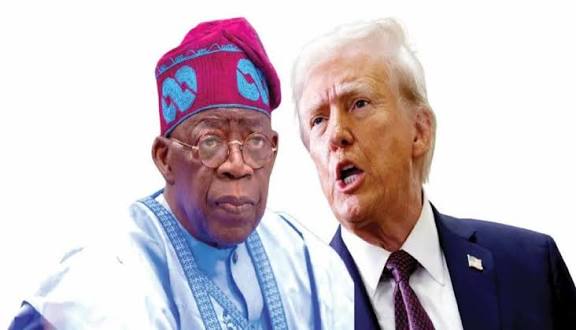The World Economic Forum’s “Global Gender Gap Report 2025” has declared that it would take 123 years to close the global gender gap.
The report, which was released yesterday in Geneva, Switzerland, covered 148 economies and benchmarks the current state and evolution of gender parity across four key dimensions, which are economic participation and opportunity, educational attainment, health and survival, and political empowerment and has remained the longest-standing index tracking the progress of numerous countries’ efforts towards closing these gaps over time since 2006 when it was launched.
It stated that leadership gap still persists as women hold only 28.8 per cent of top leadership positions despite women representing 41.2 per cent of the global workforce.
The region that came first in the report was Northern America with a gender parity score of 75.8 per cent. It was followed by Europe with a gender parity score of 75.1 per cent.
Latin America and the Caribbean, Central Asia as well as Eastern Asia and the Pacific were ranked third, fourth and fifth respectively. There gender parity scores were 74.5, 69.8 and 69.4 per cents respectively.
While Sub Saharan Africa, Southern Asia and Middle East and Northern Africa (MENA) were ranked sixth, seventh and eighth with a score of 68, 64 and 61.7 per cents respectively.
The Managing Director of WEF, Ms. Saadia Zahidi, said that “advancing gender parity represents a key force for economic renewal” at a time of heightened global economic uncertainty and a low growth outlook combined with technological and demographic changes.
Zahidi said: “The evidence is clear. Economies that have made decisive progress towards parity are positioning themselves for stronger, more innovative and more resilient economic progress.”
The report said that “educational attainment is rising, but its economic return remains uneven. Women outpace men in higher education, but their presence in senior leadership stagnates as education levels rise – even the most educated women represent less than one third of top managers.
“This underutilisation of human capital represents both a systemic inefficiency and a missed economic opportunity.”
It also said that women outpaced men in higher education but only 28.8 per cent of the female gender reached senior leadership, which is a missed opportunity for greater economic resilience and growth amid global uncertainty.
It also stated that even though women political empowerment witnessed strongest gains, it still remained the biggest barrier to progress on parity worldwide yet with only 22.9 per cent of the global gap closed to date.
The report said that “Iceland maintains its position as the world’s most gender-equal economy for the 16th consecutive year, with 92.6 per cent of its gender gap closed, distinguishing the country as the only economy to surpass 90 per cent parity.”
It also said that gender gap closed in Finland, Norway, The United Kingdom and New Zealand by 87.9, 86.3, 83.8 and 2.7 per cents respectively.
The report stated that the fastest-moving economies demonstrated that rapid acceleration is possible when gender parity becomes a national priority.





